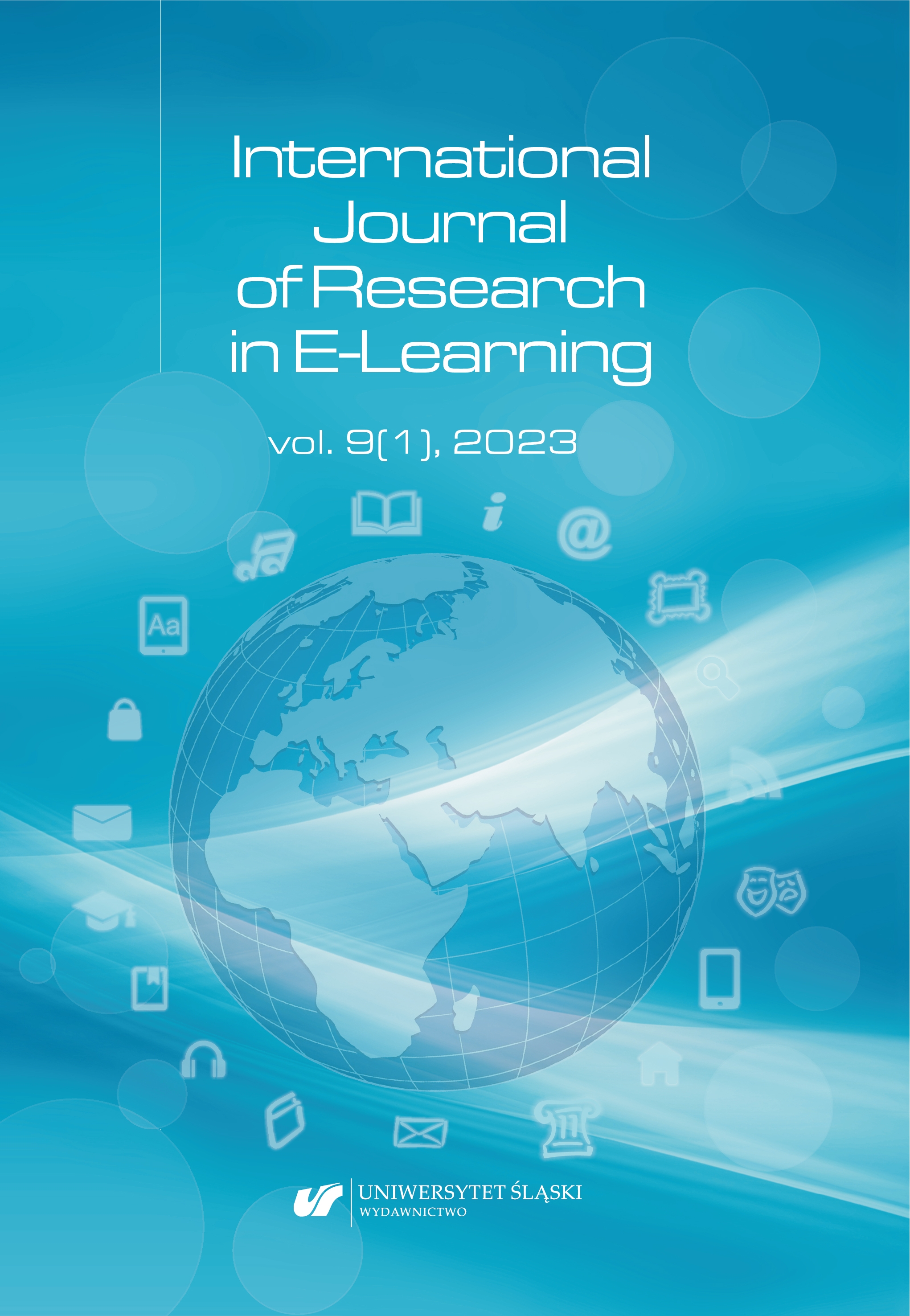The Appeal of Gamification for Master’s Students of Science and Technology
The Appeal of Gamification for Master’s Students of Science and Technology
Author(s): Iwona Mokwa-Tarnowska, Viviana Tarnowska, Magdalena RoszakSubject(s): Education, Psychology, Communication studies, Sociology, Cognitive linguistics, Culture and social structure , Theory of Communication, Educational Psychology, Social psychology and group interaction, Methodology and research technology, Applied Sociology, Social Theory, Sociology of Culture, ICT Information and Communications Technologies, Peace and Conflict Studies, Rhetoric, Distance learning / e-learning, Pedagogy
Published by: Wydawnictwo Uniwersytetu Śląskiego
Keywords: gamification; ESP; technical English; cognitivism; soft skills
Summary/Abstract: Universities can offer their master’s students who want to improve their language skills different learning environments. They can range from traditional classes to online programmes equivalent to an on-campus experience or reaching beyond it. Learning technical English through a curriculum that is inspiring and stimulating due to authentic materials used in a gamified setting can result in positive learning outcomes and increased satisfaction levels among lecturers and students. The former can find new challenges helping prevent burnout, the latter have the chance to develop hard and soft skills, including analytical, reflective and critical thinking, through context-specific language. Interactions structured around online activities which involve searching for information in authentic resources and completing activities that allow for progress to the next level can effectively prepare students for challenges they will encounter in their professional life. They can also capture imagination and unlock the creative potential of the educators involved in their development and of participants bored with school routine and textbooks. Thus, a gamified language course for specific purposes can become a highly motivating environment, in which young people develop their creativity, language proficiency and knowledge of technological advances not only in the fields of their interest; they are also exposed to new learning practices due to the application of game-design elements. The ideas presented above will be supported by students’ opinions and attitudes expressed during a pilot Moodle course in a gamified format conducted at Gdansk University of Technology in the summer semester of 2021/2022.
Journal: International Journal of Research in E-learning
- Issue Year: 9/2023
- Issue No: 1
- Page Range: 1-18
- Page Count: 18
- Language: English

